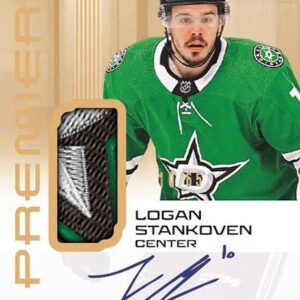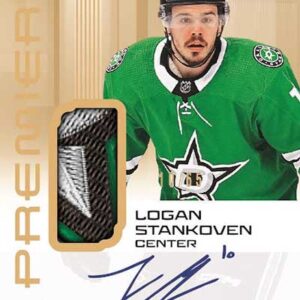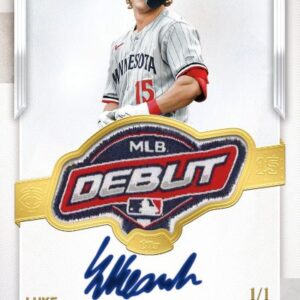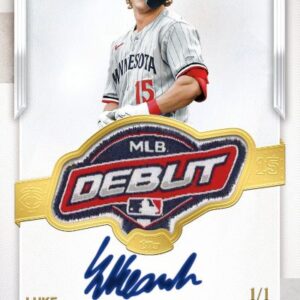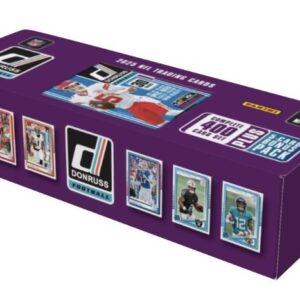In the competitive and highly lucrative world of sports memorabilia, appearances are everything. But beneath the glossy sheen of authenticated jerseys and signed baseballs lurked a chilling tale of deception and betrayal that has left the industry in shock. The tapestry of this scandal was woven by Brett Lemieux, a name now synonymous with one of the biggest counterfeit operations in recent memory. If his story sounds like something out of a true-crime novel, that’s because it nearly is.
Brett Lemieux, aged 45, had built a life around autographs, collectibles, and a wide-eyed public’s fascination with owning a piece of sports history. But his empire of collectibles, now revealed to be largely counterfeit, came crashing down last week in Westfield, Indiana. As law enforcement raided his operations, Lemieux’s dramatic end, marked by a self-inflicted gunshot, sent shockwaves through the community. His departure leaves behind a murky legacy and a treasure trove of fake memorabilia that spans several sports and icons.
Central to this saga is Lemieux’s so-called confession post, shared in the “Autographs 101” Facebook group. Within it, he admitted to masterminding a fake memorabilia operation that purportedly funneled over four million fraudulent items into the marketplace. The group’s members, many of whom were used to taking Lemieux’s authenticity claims at face value, were blindsided. The estimated $350 million in bogus sales that Lemieux suggested is met with disbelief by some industry skeptics, who simply shake their heads at the implausibility.
Operating under the smoke and mirrors alias “Mister Mancave,” Lemieux boasted “the largest framed jersey inventory on the web,” yet a tangible storefront was nowhere to be found. The operation, registered in multiple incarnations across Indiana, thrived on creating realistic forgeries, fooling even discerning collectors. Many of these items bore replicated hologram stickers of authentication giants like Panini and Fanatics, offering a false sense of security to collectors.
Kobe Bryant, a global icon whose tragic demise is still fresh in the public memory, became an unwitting figurehead in this deceit. Lemieux claimed to have released tens of thousands of fake Bryant items, each with seemingly genuine holographic authenticity. These forgeries profoundly rocked the market, casting doubt on items bearing names associated with a tragic hero.
Behind the glossy e-commerce façade of Mister Mancave, sales thrived on platforms that trusted Lemieux’s reputable front while authentic sellers cried foul. For instance, an Aaron Judge-signed baseball selling for $399 on Lemieux’s site compared to Fanatics’ $699 raised eyebrows. Yet, rather than alerting authorities, some buyers perhaps blissfully ignored the implications of such discrepancies—tempted by a bargain and blinded by stars.
Now, the unwelcome task of piecing the market back together falls upon industry leaders and collectors alike. Fanatics, caught in the maelstrom, quickly implemented more robust security measures to stay one step ahead of counterfeiters. They’re not alone; this wake-up call has integral players in authentication redoubling efforts to shield their trusted names from co-option by impersonators.
Despite skepticism around the staggering numbers Lemieux shared, insiders like Steve Grad, a respected authority in autograph authentication, recognize the sophistication of methods like autopen signatures to fool even experienced eyes. While some dealers, eyeing fake autographs from athletes who hadn’t signed in years, weren’t as blindsided by the revelations, the scope has everyone on edge.
Lemieux’s misdeeds highlight a convoluted network of co-conspirators, albeit with some named dealers zealously distancing themselves from his narrative. Individuals like Dominique Ball from Indiana and Nickolas Litscher of Wisconsin have quickly denied involvement or threatened legal action to clear their names—adding layers to a plot thick with drama.
With countless collectors scrambling to verify their investments, the scandal stands as a stark reminder of the ever-evolving battle against counterfeiters. Authenticity, once taken at sticker value, now demands scrutiny and strategic reinforcements to safeguard one of the most nostalgic and sentimental markets from pollution by fraudulent artifacts. As the dust settles, what remains is a cautionary tale as compelling as any story told through the lens of sporting history.

